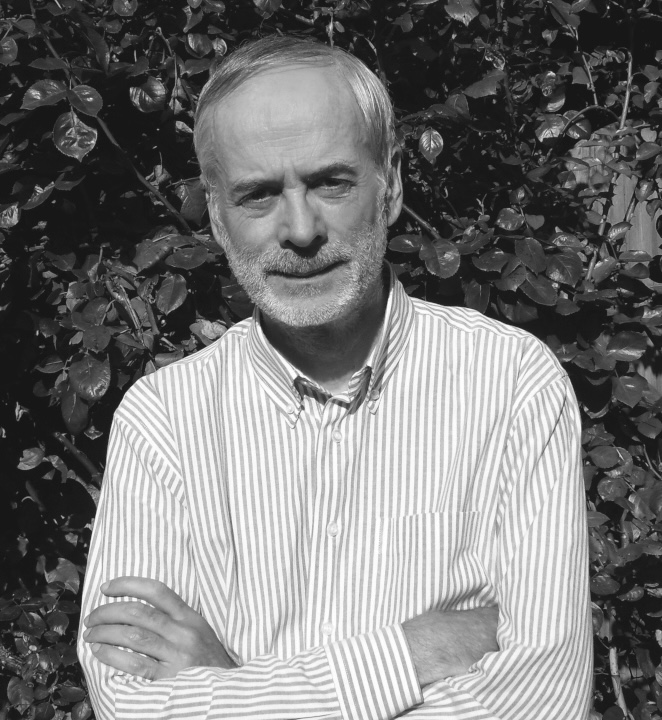Phil M. Shirley, Publisher-in-Chief, and Nicki van Zandt, Publishing Manager, acquired Worldwide rights across formats in The Paraffin Boys for Tributary, and imprint of Foreshore Publishing, from Stephen Herbert’s widow Mo Heard.
The book will publish in paperback this summer.
The audience will be those with a general interest in British social history and popular culture of the period; people living in South London and former residents with an interest in local history. Written by an academic recounting his working class childhood, this is a unique insight into how “the Child becomes Father to the Man”.
“This memoir is not an exercise in nostalgia for older readers, but rather an account of the freedom children enjoyed in late 1950s and early 1960s London,” Heard said. “With the debate today around parents’ concerns in allowing their children to play outside, or choose their own adventures without adult supervision, this book is a look back at what children did with their unfettered ingenuity and imagination, and how they survived sixty years ago.
“Stephen’s undimmed curiosity in all things included his own childhood history. In The Paraffin Boys he delights in remembering the friends, the wheezes, and the doubtful fun to be had with electricity and fireworks. We understand how early interests formed Stephen’s career path: from teaching animation, researching and writing about popular optical media, restoring old cinema projectors, building model aeroplanes, to collecting old radios. The seeds of his knowledge and expertise were sown from an early age, and grew in the fertile soil of his curious mind. He includes researched explanatory notes for each chapter.”
Phil M. Shirley said: ‘It is a privilege for all of us at Foreshore to publish The Paraffin Boys. Stephen Herbert’s work is utterly unique within the landscape of British film and this revealing memoir offers a mesmerising journey through the experiences and influences that shaped him into the renowned figure he is today. When I first read the manuscript, I came away with the feeling that I wanted to press it into the hands of all the writers and readers that I know and all the team here can’t wait to do that very thing this summer.’
Stephen Herbert (1951-2023) was a British visual media historian, author, editor, publisher and projectionist. Herbert was a projectionist at various London cinemas from 1969 to 1973, before spending sixteen years as a technician in audio-visual education. He joined the British Film Institute’s National Film Theatre in 1989, first as deputy then as head of Technical Department. This included responsibility for projection at the London Film Festival and the Museum of the Moving Image. He was also a development team member for the BFI IMAX from 1995 to 1997. Later on, his knowledge of early visual media was sought out by academics, museums, programme makers and film producers, and his expertise in all things to do with the Victorian photographer Eadweard Muybridge led to a visiting research fellowship at Kingston University. He also gave advice to moving image museums in Dubai and Qatar and was a technical consultant on Martin Scorsese’s film Hugo (2011), ensuring that its marvellous recreation of the studio of the French film pioneer Georges Méliès was authentic.
Herbert is also the author of several books including the biography of Edwardian visual media pioneer Theodore Brown (1997) and Industry, Liberty and a Vision (1998), on inventor and political theorist Wordsworth Donisthorpe. As an editor Herbert compiled a trio of three-volume sets on pre-cinema, early film and early television for Routledge, and co-edited Magic Images, Servants of Light and The Encyclopaedia of the Magic Lantern, all published by the Magic Lantern Society, for whom he was research officer 1988–2000


Lorem ipsum dolor sit amet, consectetur adipiscing elit. Ut elit tellus, luctus nec ullamcorper mattis, pulvinar dapibus leo.